EU approval will not be renewed for six key PPPs
- 30/11/2020
- Posted by: Gaetan Dermien
- Category: Africa, Benin, Botswana, Burkina Faso, Burundi, Cameroon, Caribbean, Côte d'Ivoire, Democratic Republic Of The Congo, Dominican Republic, Ethiopia, Gambia, Ghana, Guinea, Kenya, Mali, Mauritius, Namibia, Nigeria, Pacific, Rwanda, Senegal, Sierra Leone, Suriname, Tanzania, Togo, Uganda, Zambia, Zimbabwe
No Comments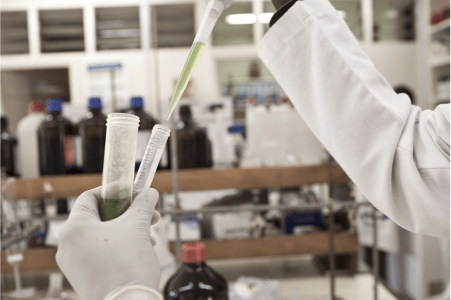 Key points EU approval will not be renewed for six PPPs that are important to ACP horticulture : – thiophanate methyl – mancozeb – imidacloprid – zeta-cypermethrin – haloxyfop-p – pencycuron How will ACP producers/exporters be affected? Non-renewal means that these PPPs can no longer be legally used within EU countries. But it also has an impact on ACP growers – the EU maximum residue levels (MRLs) will be reduced to the limit of determination (LoD), which in most cases means… +
Key points EU approval will not be renewed for six PPPs that are important to ACP horticulture : – thiophanate methyl – mancozeb – imidacloprid – zeta-cypermethrin – haloxyfop-p – pencycuron How will ACP producers/exporters be affected? Non-renewal means that these PPPs can no longer be legally used within EU countries. But it also has an impact on ACP growers – the EU maximum residue levels (MRLs) will be reduced to the limit of determination (LoD), which in most cases means… +EU MRL changes
- 13/11/2020
- Posted by: Gaetan Dermien
- Category: Africa, Angola, Benin, Botswana, Burkina Faso, Burundi, Cameroon, Cape Verde, Caribbean, Central African Republic, Chad, Côte d'Ivoire, Democratic Republic Of The Congo, Djibouti, Dominica, Dominican Republic, Equatorial Guinea, Eritrea, Eswatini, Ethiopia, Federated States of Micronesia, Fiji, Gabon, Gambia, Ghana, Grenada, Guinea, Guinea-Bissau, Guyana, Haiti, Jamaica, Kenya, Lesotho, Liberia, Madagascar, Malawi, Mali, Mauritania, Mauritius, Mozambique, Namibia, Niger, Nigeria, Pacific, Papua New Guinea, Republic of the Congo, Rwanda, Saint Kitts and Nevis, Saint Lucia, Saint Vincent and the Grenadines, Samoa, Sao Tome and Principe, Senegal, Seychelles, Sierra Leone, Somalia, Sudan, Suriname, Tanzania, Timor-Leste, Togo, Tonga, Trinidad and Tobago, Tuvalu, Uganda, Vanuatu, Zambia, Zimbabwe
 This news provides updates on recent changes to EU maximum residue limits (MRLs) for plant protection products (PPPs). Where an MRL has been lowered, it is important for growers using the PPP to make any necessary adjustments in good time to ensure continued compliance with EU regulations. This may mean adapting production practices (good agricultural practices, GAP) or using alternative control methods. This news also includes a complete list of the MRL changes introduced so far in 2020. If you… +
This news provides updates on recent changes to EU maximum residue limits (MRLs) for plant protection products (PPPs). Where an MRL has been lowered, it is important for growers using the PPP to make any necessary adjustments in good time to ensure continued compliance with EU regulations. This may mean adapting production practices (good agricultural practices, GAP) or using alternative control methods. This news also includes a complete list of the MRL changes introduced so far in 2020. If you… +Training for Africado on HACCP methodology
- 29/09/2020
- Posted by: Sandra Borma
- Category: Avocados, News, Tanzania
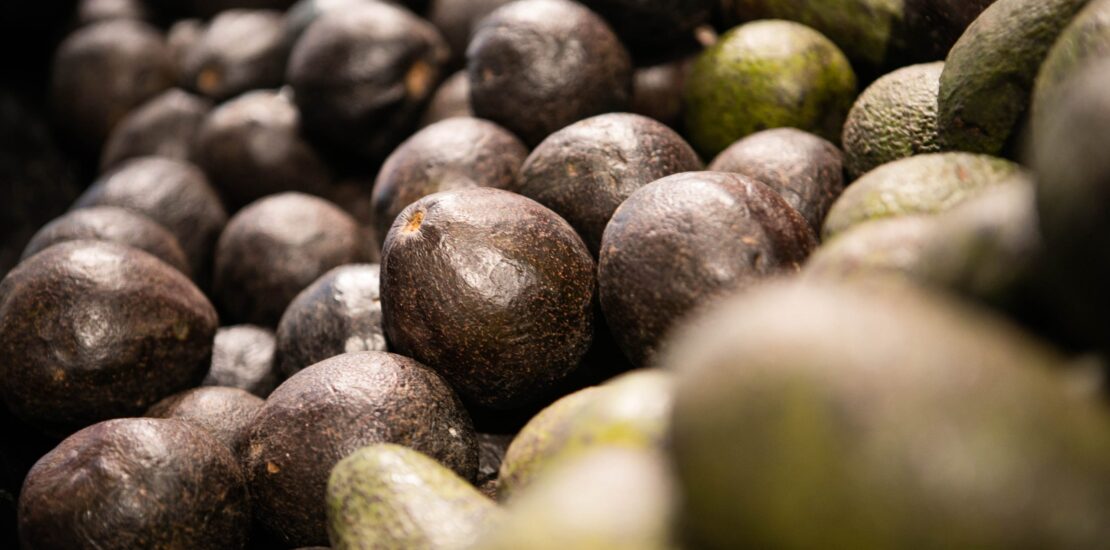 As part of COLEACP’s Fit For Market programme, a Kenyan expert provided remote training to Africado, one of the biggest avocado producers in the north of Tanzania. The 5-day training on HACCP methodology, within the Food Safety and Hygiene theme, involved live-streamed sessions as well as regular homework for participants.… +
As part of COLEACP’s Fit For Market programme, a Kenyan expert provided remote training to Africado, one of the biggest avocado producers in the north of Tanzania. The 5-day training on HACCP methodology, within the Food Safety and Hygiene theme, involved live-streamed sessions as well as regular homework for participants.… +New collaboration with TAHA, NM-AIST and WORLDVEG
- 25/06/2020
- Posted by: Sandra Borma
- Category: News, Tanzania
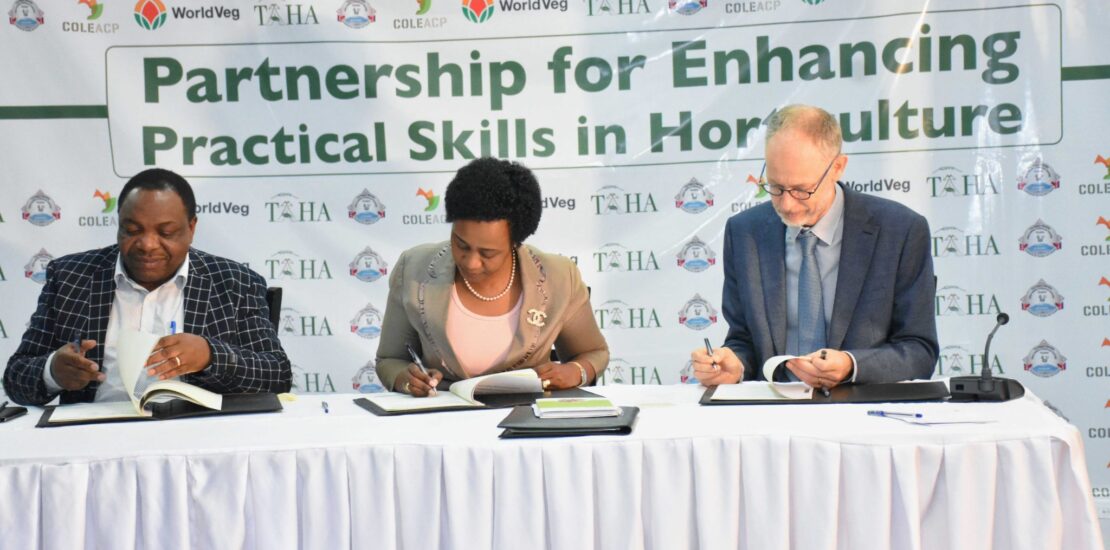 This new collaboration will establish an accredited #Horticultural Practical Training Programme offering certificate and diploma courses in Tanzania and other countries in Eastern and Southern Africa. The Memorandum of Understanding was signed by the Tanzania Horticultural Association (TAHA), the Nelson Mandela African Institution of Science and Technology (NM-AIST), the World Vegetable Center (WorldVeg), and COLEACP.… +
This new collaboration will establish an accredited #Horticultural Practical Training Programme offering certificate and diploma courses in Tanzania and other countries in Eastern and Southern Africa. The Memorandum of Understanding was signed by the Tanzania Horticultural Association (TAHA), the Nelson Mandela African Institution of Science and Technology (NM-AIST), the World Vegetable Center (WorldVeg), and COLEACP.… +Fresh Produce Exporters Association of Kenya at Fruit Logistica 2020 in Berlin
- 07/02/2020
- Posted by: Gaetan Dermien
- Category: Germany, Kenya, News, Tanzania
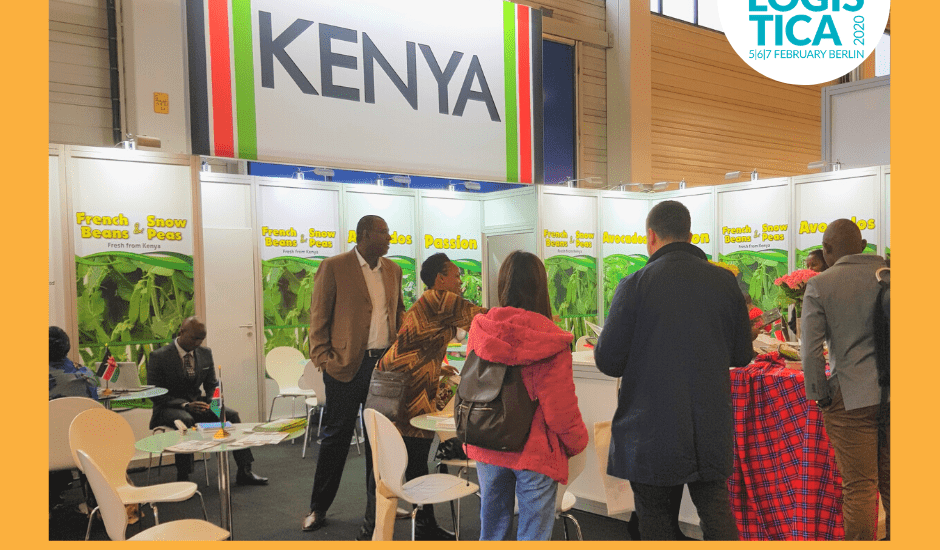 Fruit Logistica 2020 – Berlin. Fresh Produce Exporters Association of Kenya (FPEAK), represented by its Chairman M. Apollo Owuor met with the Tanzanian Horticultural Association (TAHA), to discuss collaboration and regional strategies.… +
Fruit Logistica 2020 – Berlin. Fresh Produce Exporters Association of Kenya (FPEAK), represented by its Chairman M. Apollo Owuor met with the Tanzanian Horticultural Association (TAHA), to discuss collaboration and regional strategies.… +EAC-COLEACP meeting in Brussels
- 30/01/2020
- Posted by: Sandra Borma
- Category: Burundi, Kenya, News, Rwanda, Tanzania, Uganda
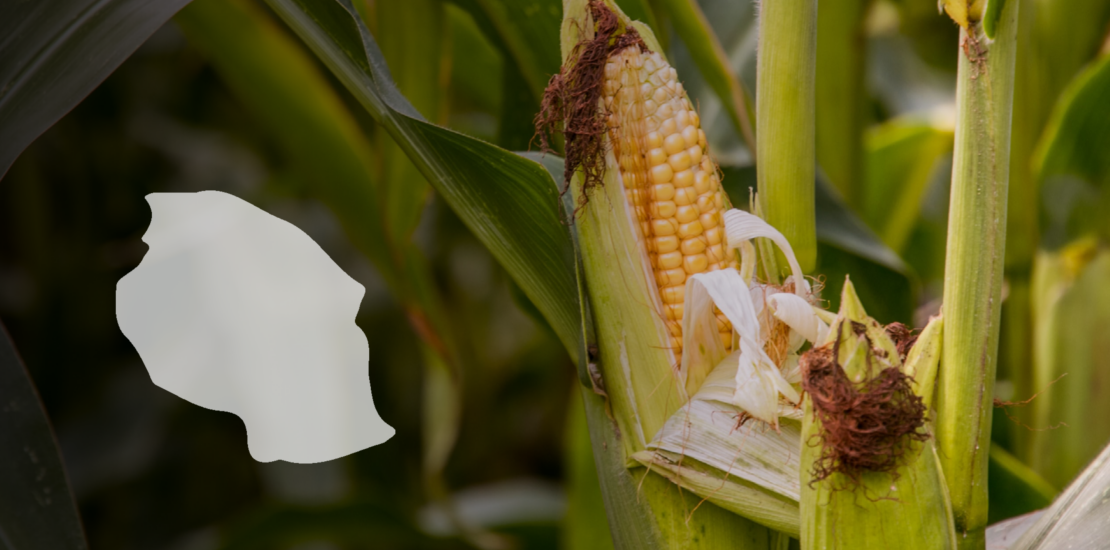 In Brussels, a delegation from the East African Community (EAC), headed by Hon. Christophe BAZIVAMO, Deputy Secretary General, met COLEACP’s team headed by Delegate General Jeremy KNOPS to set up a roadmap for EAC-COLEACP collaboration. The EAC, a regional intergovernmental organisation based in Tanzania, has six partner states: Burundi, Kenya, Rwanda, South Sudan, Tanzania and Uganda. COLEACP is currently supporting all except South Sudan.… +
In Brussels, a delegation from the East African Community (EAC), headed by Hon. Christophe BAZIVAMO, Deputy Secretary General, met COLEACP’s team headed by Delegate General Jeremy KNOPS to set up a roadmap for EAC-COLEACP collaboration. The EAC, a regional intergovernmental organisation based in Tanzania, has six partner states: Burundi, Kenya, Rwanda, South Sudan, Tanzania and Uganda. COLEACP is currently supporting all except South Sudan.… +
